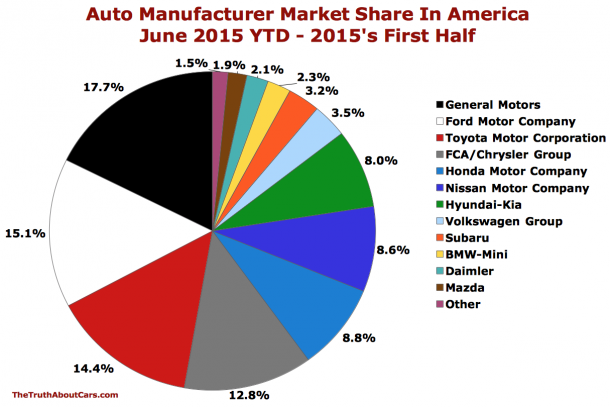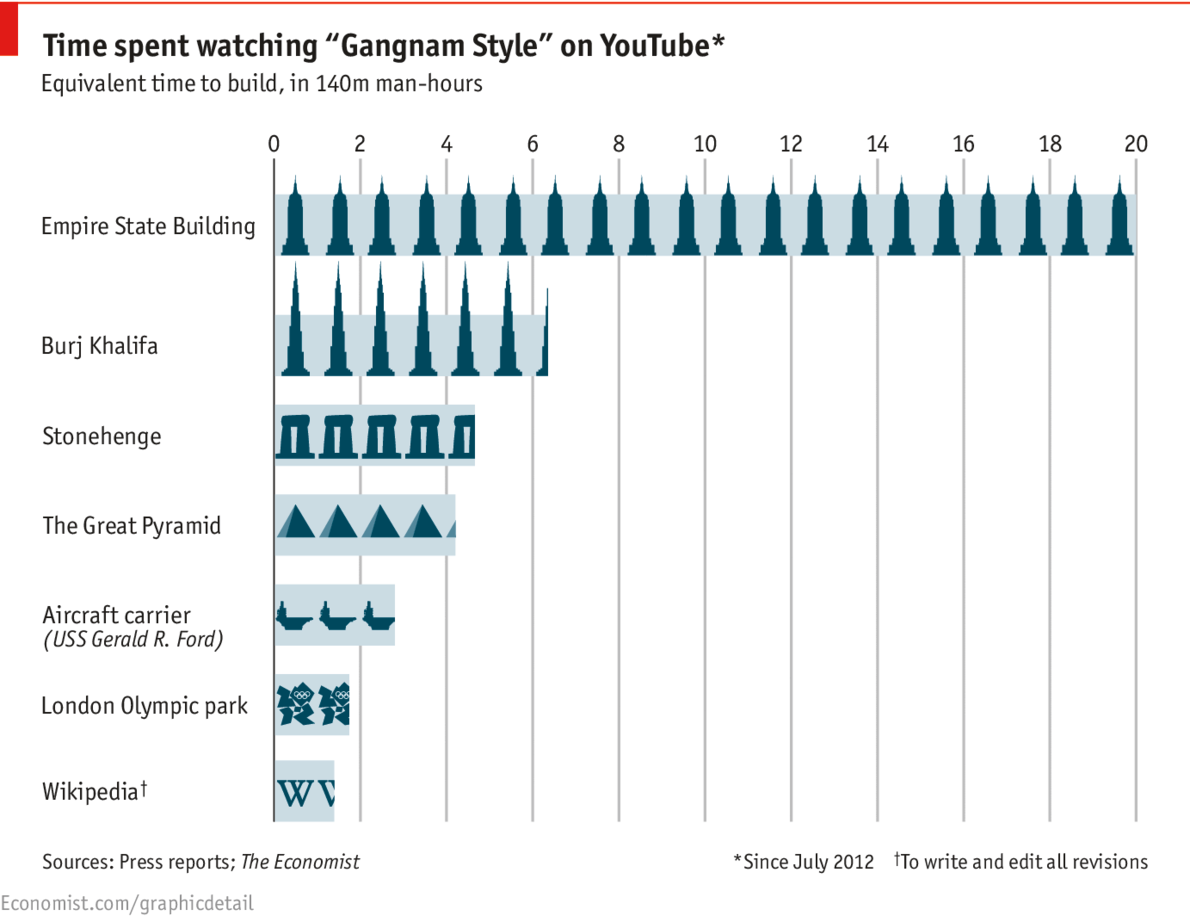HRE Column: How to choose which disruptive HR tech solutions to chase
Here is my semi-frequent reminder and pointer for blog readers that I also write a monthly column at Human Resource Executive Online called Inside HR Tech that can be found here.
This month, in the aftermath of the HR Technology Conference and still thinking about all the innovative and potentially disruptive HR tech solutions that continue to appear in the market, I thought about how much more difficult it must be getting for HR and business leaders to assess and evaluate and decide which types of disruptive technology to pursue.
Note, I am not really talking or thinking about specific technology evaluations like, "Which ATS should we license?", but rather larger questions of "Which types of potentially disruptive HR technology would benefit our organization, given our needs and our circumstances?", and "What should be the impact of these technologies on the organization and our people?"
I came up with three general categories or impacts that potentially disruptive HR tech can (and perhaps should) have on the organization, and some thoughts on how HR leaders can better evaluate new HR tech in this model. I tried to describe what this kind of categorized impact assessment looks like in my HR Executive column. From the HRE piece:
One of the highlights of the recently concluded HR Technology Conference and Exposition® was the record-breaking Expo Hall, which featured nearly 400 technology solution providers offering an almost dizzying array of tools, technologies and innovative approaches to help organizations with HR, talent-management, employee-engagement and other workplace challenges.
But such a plethora of modern and innovative technologies also presents quite a challenge for HR and business leaders in that the growth of the HR-technology market and landscape has made the identification, research, assessment and eventual selection of the "right" technology solution all the more challenging. Probably the most frequent type of question I get from HR leaders over the course of the year is: "There are so many HR-tech solutions out there; how can I figure out which ones I should give my time and attention?"
Note that this kind of question is different from "Which applicant-tracking (or learning-management system, or payroll solution) system is the best one?" I do get those questions too, of course, but probably less frequently than in the past, as most HR leaders today understand that there is never a universal "best" solution for anything, but rather a "best" solution for the individual organization, and its unique goals, requirements and circumstances. Lately the discussions and challenges I hear about from HR leaders seem more focused on trying to make sense of a complex and growing HR-tech market, and how to best take advantage of all this growth and innovation.
One way for HR leaders to approach these kinds of challenges and determine how to spend their time and resources is to consider innovative and potentially disruptive HR technologies across a set of three criteria or broad categories of impact. I'd like to take a look at these three broad-impact categories and offer examples of how new HR-technology solutions fit into each.
Category One: If the HR solutions reduce or eliminate organizational barriers for HR and employees
There are a slew of HR technologies that are necessary and essential for organizations to either own or license for regulatory and compliance reasons. In other words, every organization that has regular employees has to, at a minimum, have a way to pay them, and to complete all the required tax filings and payments. This category is not really about those kinds of technologies. (If your organization has a critical need to solve such compulsory challenges, then you probably should take care of those before entertaining the idea of adopting new or disruptive HR technology.)
This category is more about enabling organizational success via the elimination or reduction of the friction points that can hold people back from getting work done effectively and efficiently. You can get to the direct impact of implementing technologies in this category by asking questions such as, "Where does our employee's workflow get bogged down?" or "Where do we have data manually replicated in multiple systems?"; or simply by asking teams and leaders can simply be asked to talk about "What is it that makes my job more difficult than it needs to be?"
Some real HR-technology solutions that help to solve problems in this category include learning systems that can surface content and assets in real-time and in context when employees need them the most or even more technical solutions that better integrate, validate and keep clean key HR-data elements and values across multiple systems. Almost every new HR-technology solution you introduce into the organization should solve at least one important "barrier" problem and eliminate a pain point for your targeted audience once it is adopted.
Category Two: If the HR solutions help to elevate customer service -- for internal customers or external customers
At the HR Tech Conference, one of the more interesting technology developments I remember seeing was an example of a deeper integration between an employee self-service type of portal and the company's HR-shared-service-center knowledge base and help-desk functionality. The idea here is that if employees were viewing their payslips or benefits enrollments and needed more information or had a question about the information they were viewing, they could, with one click, launch a "help" ticket or process to indicate to HR they needed assistance. HR practitioners would not only see that the request was made, they would automatically have all the needed context from the page or subset of information the employee was viewing...
Read the rest of the HR Exec column here
Good stuff, right? Humor me...
If you liked the piece you can sign up over at HRE to get the Inside HR Tech Column emailed to you each month. There is no cost to subscribe, in fact, I may even come over and rake your leaves car or clean out your gutters or even help you pass out the candy on Halloween.
Have a great weekend!

 Steve
Steve


